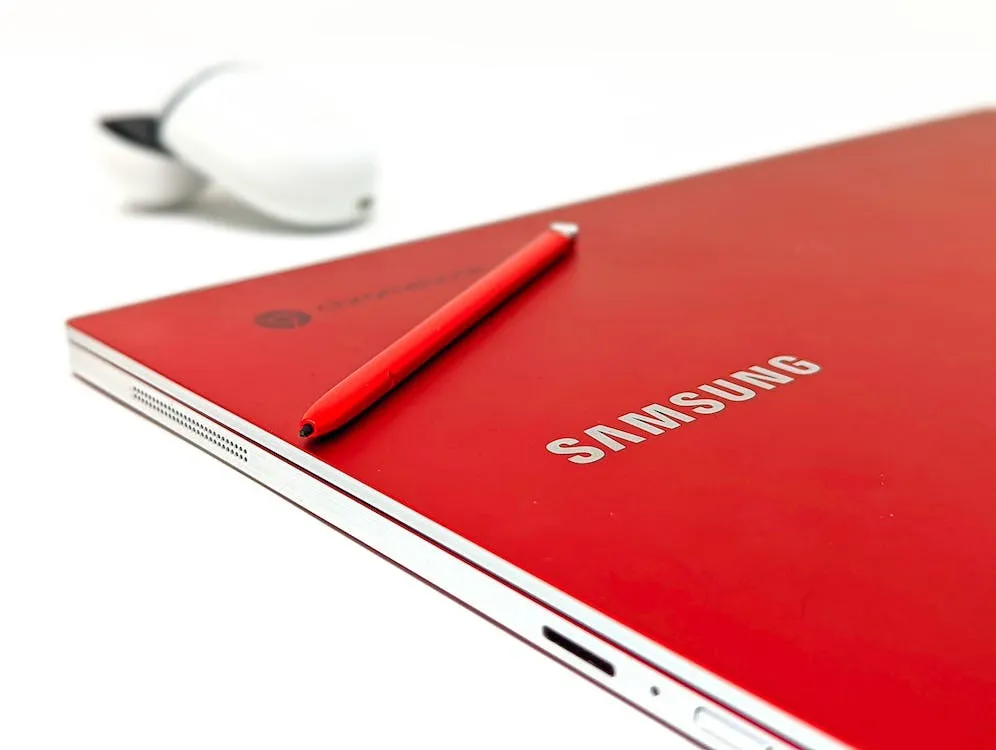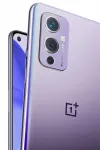

Samsung Electronics today announced a significant shake-up to the microSD card market. The company is sampling a new 256GB SD Express microSD card with speeds rivaling SSDs and has started mass production of a 1TB UHS-1 microSD, leveraging its latest V-NAND technology. These developments signal Samsung's commitment to high-performance storage in a tiny format but could leave consumers weighing the trade-offs between speed, capacity, and practicality.
A Speed Demon Debuts
The industry-first 256GB SD Express microSD boasts read speeds of up to 800MB/s. This shatters the limitations of traditional UHS-1 cards and offers performance on par with many SATA SSDs. Samsung's achievement, developed through collaboration with an unnamed client, could transform how microSD cards are used in mobile devices and specialized computing applications.
However, questions linger about real-world adoption. While SD Express has been around for a few years, broader availability has been limited. Existing SD Express readers will be needed to unlock this card's full potential, raising compatibility concerns for many users.
High Capacity, Familiar Limitations
Samsung's 1TB UHS-1 microSD pushes capacity limits while using the more established UHS-1 interface. Built with 1-terabit V-NAND, this card offers storage once reserved for full-sized SSDs. It boasts ruggedness features for protection against various environmental hazards.
Yet, the UHS-1 interface remains a bottleneck. While the 1TB capacity is impressive, speeds will likely not exceed what high-end UHS-1 cards can already achieve. For users needing maximum performance across many devices, the SD Express alternative may be more tempting.
Samsung's microSD advancements underscore the evolution of portable storage. The focus on cutting-edge performance and capacity will empower high-demand applications, particularly in the realms of mobile computing and AI.
Still, the practicality of these advancements remains to be seen. Adoption of the SD Express standard and the price point of the new cards will be key determining factors. Until then, consumers must choose between bleeding-edge speed and more conventional, albeit extremely high-capacity, storage solutions.









